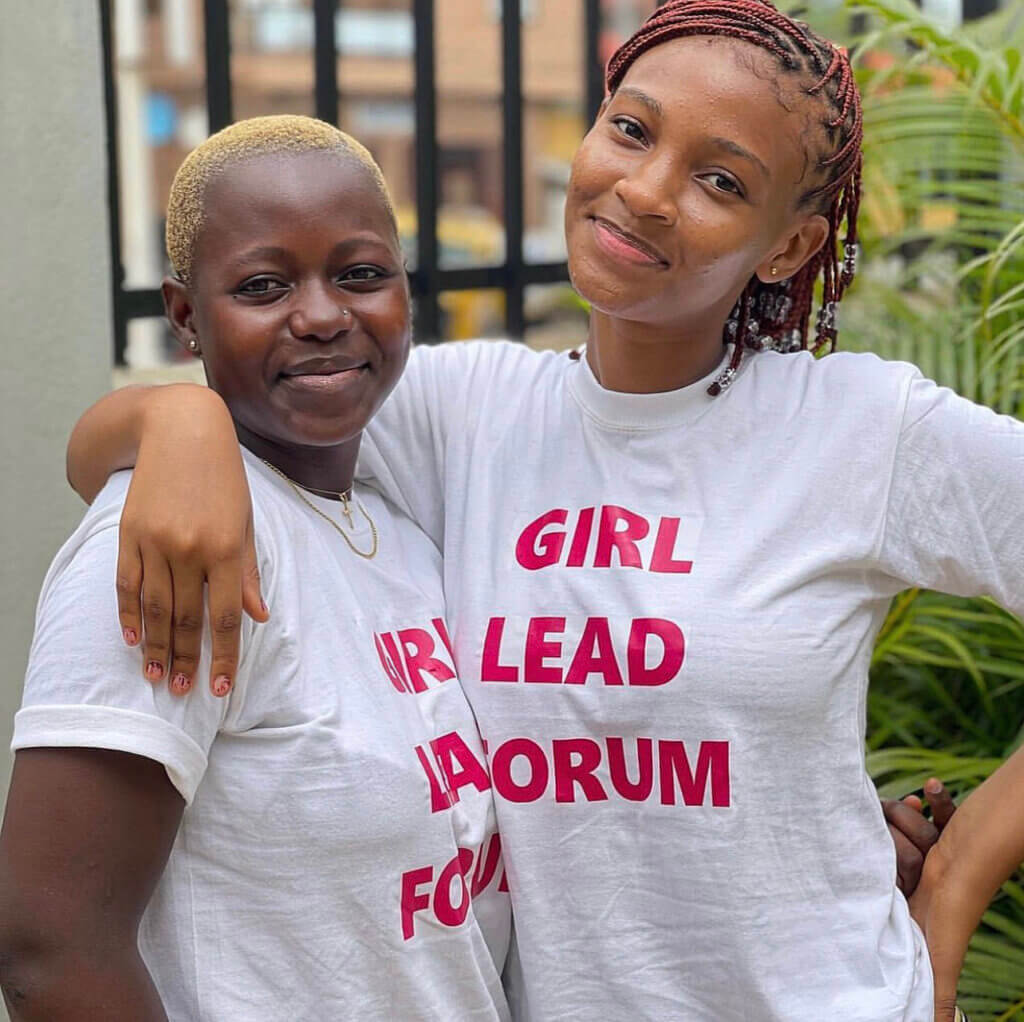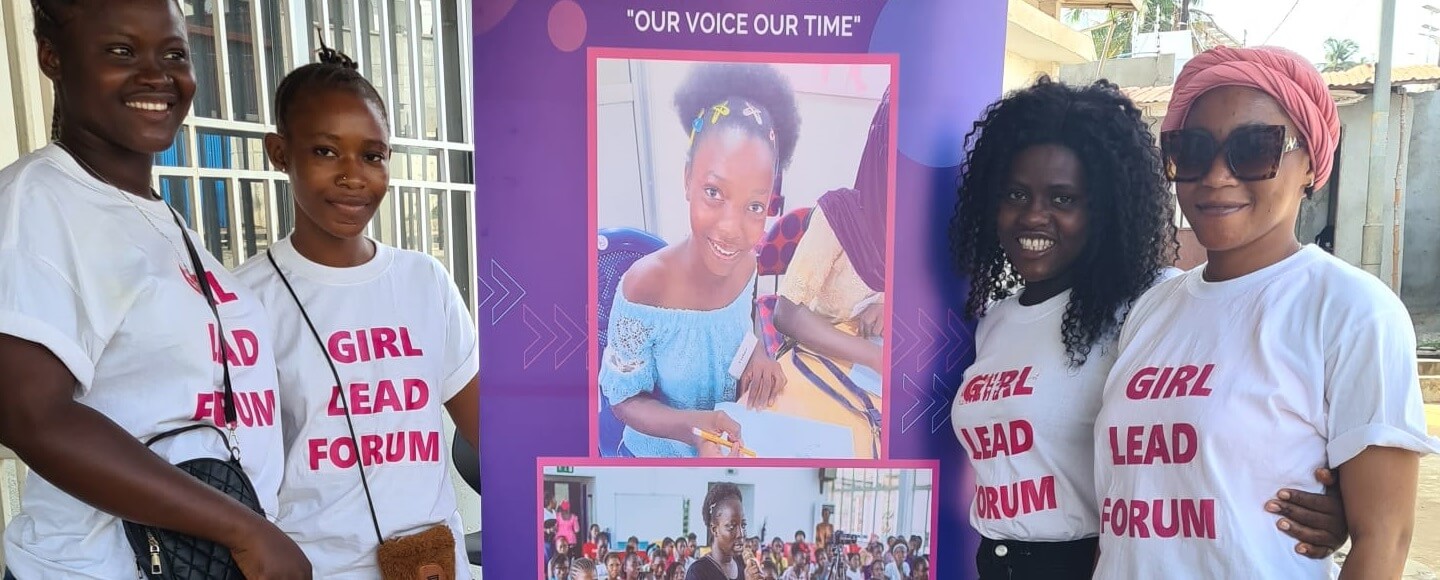Today, in many communities across Africa, girl-led action against harmful practices is fast becoming the norm. Girls and young women are tired of hearing broken promises from their governments and are taking action themselves. They are fostering their power to dismantle taboos and stigmas and becoming fearless in fighting for their human rights. This power was showcased at the recent Girl Lead Forum in Freetown, Sierra Leone.
Girls and young women continue to endure the long-lasting devastating consequences of harmful practices. FGM, child marriage, breast flattening, honour-based abuse and many other practices committed in the name of tradition, culture and religion pose severe impediments to human rights, gender equality, health and development across Africa. This year’s Day of the African Child served as a reminder that girl-led advocacy against harmful practices must be supported and accelerated.
Counting the costs of inaction
Numerous international conferences and convenings in Europe, the US and Africa over the past few decades have resulted in national governments signing agreements and declarations to address and eliminate harmful practices. The African Committee of Experts on the Rights and Welfare of the Child (ACERWC) in particular has called for reflection, evaluation and application of relevant approaches, policies and programmes by national governments. However, progress is at best slow and policy targets are never met.
Data in Africa is staggering. The continent has the world’s highest rates of child marriage in the world, with one in four women and girls in Sub-Saharan Africa being married off before the age of 18. And UNICEF recently reported that over 40 million girls and women in Africa have experienced both FGM and child marriage.
These practices are now common among Africans living in Europe, the US and Australia, and the impact of the COVID-19 pandemic on this data is alarming. African governments need to count the cost of inaction and take a stand through clear policy and law. We need more African leaders like Kenyan President Uhuru Kenyatta, who has introduced strategies and policies to end FGM. The deep-rooted forms of gender inequality that enable harmful practices to thrive must also be eradicated – so that young women and girls do not meet the same fate as their mothers, and grandmothers.
Tired of waiting: Girls and young women lead peer-to-peer advocacy
Girls and young women are fed up with inaction. Across Africa, they are advocating for change and freedom from harmful practices, with peer-to-peer advocacy helping them break the silence surrounding violations of their rights.
In Sierra Leone this June, the Girl Lead Forum showcased the power of girl-led advocacy. Girls are not only refusing to undergo FGM, but they are also talking publicly about the practice and telling their peers about the consequences of rights abuses and harmful practices. Organised jointly by Girls Empowerment Sierra Leone, Girl to Girl Empowerment Movement and FORWARD, the forum brought together over 150 girls and young women mentors. The two-day forum, which was supported by Wallace Global Fund and Comic Relief, aimed to equip girls and young women with creative advocacy skills, amplify their voices and activism at community level, and create a safe space for networking and sisterhood. They debated the issue of gender-based violence, put on performances, shared strategies and experiences, and held youth-led training sessions.
Similar action is taking place in other countries across Africa. In the Gambia, young women activists who completed FORWARD’s and Think Young Women’s TuWezeshe feminist leadership training created a music video for their #EndFGM song Cut No More.
Urgent need to support girl-led advocacy at all levels
Listening, amplifying and supporting girls and young women at the forefront of activism should be placed on the agenda for change. Many girls and young women activists have lived experiences of the threat or actuality of harmful practices. Some drop out of education, experience trauma and suffer health issues, which jeopardises their future. Other activists have been ostracised by their families over their objections to being cut. Resistance clearly comes at a high cost.
In Sierra Leone, FGM is still a strong community norm, but girls and young women are resilient and bold in tackling this practice. Girl-led activism clearly thrives best in an environment where there is clarity in policy and commitment to act against perpetrators and safeguard rights of those at risk. At the Girl Lead Forum, one young woman shared that she found pro-FGM community members intimidating, but that the forum has equipped her with powerful information and confidence to engage with her community about the urgent need to end the practice.
Men and boys play a key role in ending FGM. Advocating for male allies of girl-led activism in communities with rigid generational and gender divides was a major discussion theme during the forum. Social media has also proven to be critical in youth feminist activism. However, it was stressed that digital technologies should be more accessible to poorer communities to enhance girl-led activism. Young women-led organisations are also critical for nurturing and building the confidence of youth advocates. However, very few of these organisations have access to funding and policy spaces. Indeed, barriers must be broken so that girl-led activism can play a vital role in achieving UN Sustainable Development Goal 5.3 by the 2030 deadline. The youth activists of Sierra Leone must serve as our inspiration and motivation.
By Naana Otoo-Oyortey, Executive Director, FORWARD


